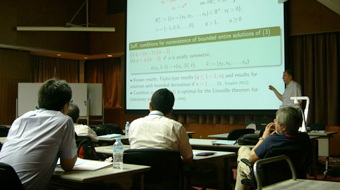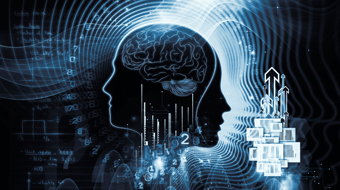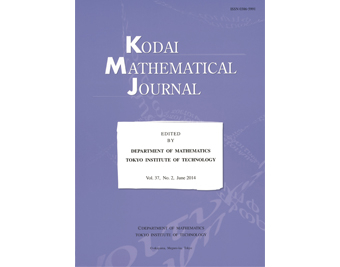An environment in which to engage in cutting-edge research

The Mathematics Major covers six broad areas of research: theory of algebraic structures, algebraic geometry, geometry, topology, analysis, and global mathematics, with approximately 30 teaching staff engaged in educational and research activities.
Graduate students conduct their individual research under the guidance of academic supervisors and take part in seminars.
In addition, there are ongoing research exchanges such as seminars by visiting lecturers, including researchers from overseas. By conducting cutting-edge research, the seeds are sown for the next generation of researchers.
. Any information published on this site will be valid in relation to Science Tokyo.







